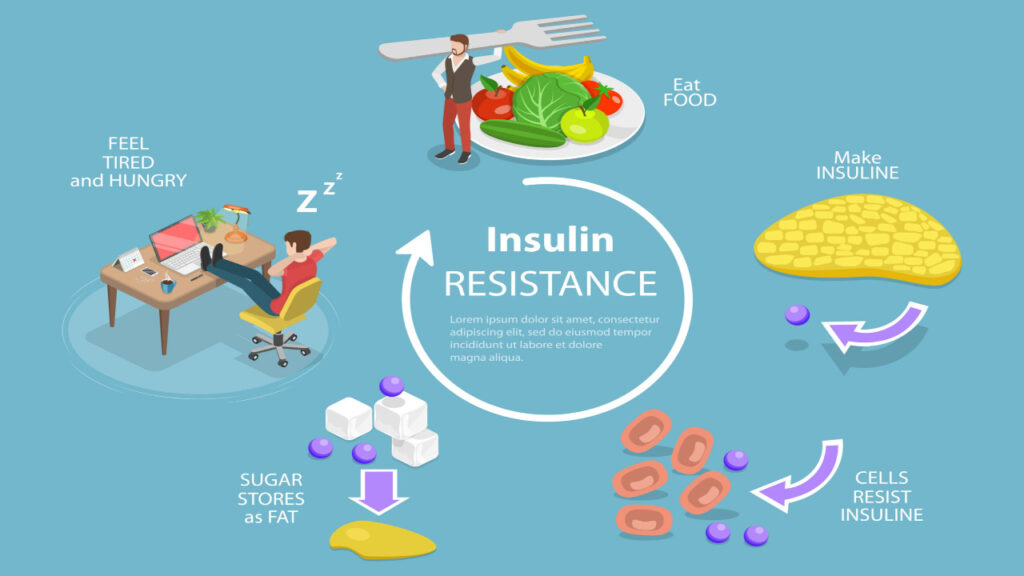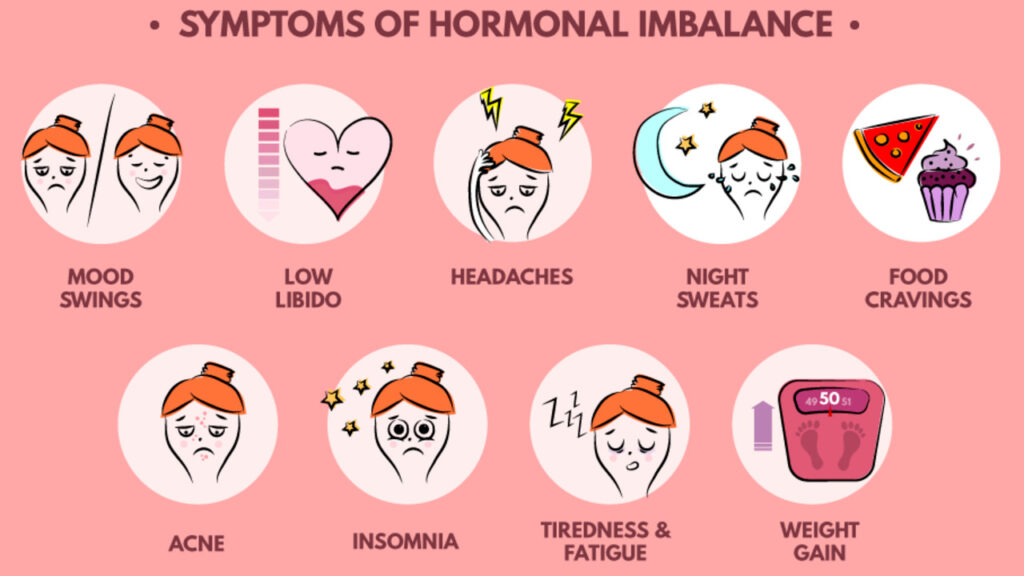Polycystic ovary syndrome (PCOS) is a hormonal disorder that affects up to 10% of women of reproductive age. The disease is characterized by high levels of androgens (male hormones) and insulin resistance, which can cause a variety of symptoms, including irregular menstruation, acne, weight gain, and infertility. One of the most frustrating symptoms of PCOS for many women is the “PCOS belly,” a stubborn, hard-to-lose belly fat that can be difficult to manage. In this article, we’ll explore the causes of PCOS belly and potential treatments.
Causes of a PCOS Belly
Insulin Resistance

Insulin resistance is a hallmark of PCOS and is associated with the accumulation of belly fat. When insulin resistance occurs, the body has trouble using insulin properly to regulate blood sugar levels, leading to higher levels of insulin in the bloodstream. This can lead to increased fat storage in the belly. To get rid of a PCOS belly, the first step is to look through S`moo PCOS collections and choose the right supplements for you.
Hormonal Imbalances

PCOS is characterized by high levels of androgens, such as testosterone, which can lead to increased belly fat storage. Additionally, high levels of estrogen and progesterone can also contribute to belly fat storage.
Inflammation
Chronic inflammation is a common feature of PCOS and has been linked to increased belly fat storage. Inflammation can disrupt the body’s insulin signaling pathways, leading to insulin resistance and increased belly fat storage.
Genetics
While the exact causes of PCOS are not fully understood, there is evidence to suggest that genetics may play a role in the development of PCOS belly.
Treatment of a PCOS Belly

Lifestyle Changes: Making healthy lifestyle changes can be an effective way to manage PCOS belly. This includes eating a healthy diet that is low in refined carbohydrates and added sugars, exercising regularly, and getting enough sleep. These lifestyle changes can help improve insulin sensitivity and reduce inflammation, which can help reduce belly fat storage.
Medications
Certain medications may be prescribed to help manage PCOS belly. Metformin, a medication commonly used to treat type 2 diabetes, can help improve insulin sensitivity and reduce belly fat storage. Birth control pills may also be prescribed to help regulate menstrual cycles and reduce androgen levels, which can help reduce belly fat storage.
Supplements
Certain supplements may also be helpful in managing PCOS belly. Inositol, a type of B vitamin, has been shown to improve insulin sensitivity and reduce belly fat storage in women with PCOS. Omega-3 fatty acids may also help reduce inflammation and improve insulin sensitivity, which can help reduce belly fat storage.
Medical Procedures
In some cases, medical procedures may be recommended to help manage PCOS belly. Liposuction, a surgical procedure that removes fat cells from the body, may be an option for women with stubborn belly fat that has not responded to lifestyle changes or medication.
Conclusion
PCOS belly can be a frustrating symptom of PCOS, but with the right treatment approach, it is possible to manage and reduce belly fat storage. Making healthy lifestyle changes, taking medications, using supplements, and considering medical procedures can all be effective ways to manage PCOS belly. It’s important to work with a healthcare provider to develop an individualized treatment plan that takes into account your specific needs and health status.

